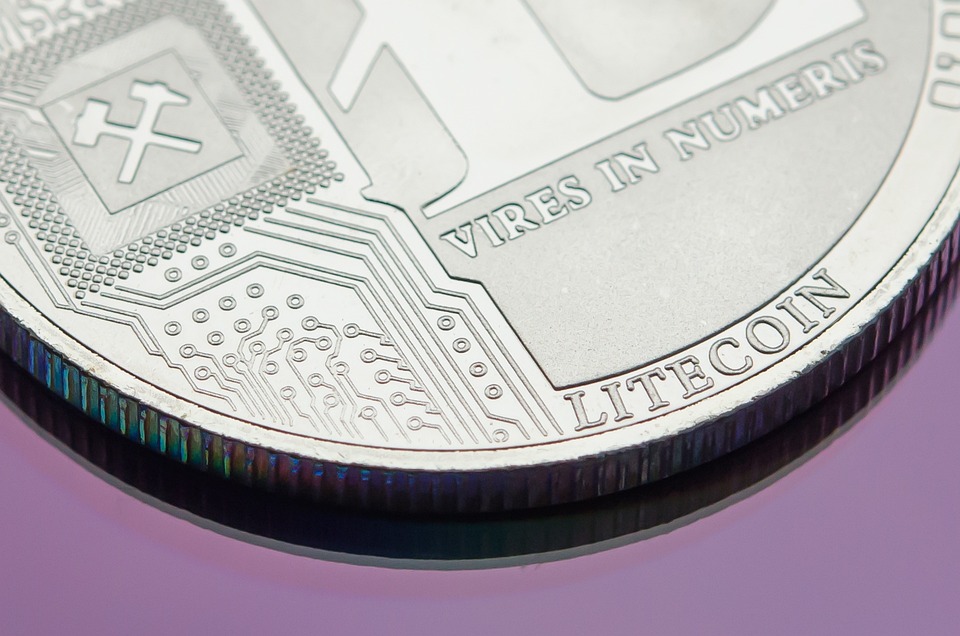In recent years, smart contracts have emerged as a promising technology that has the potential to revolutionize the way we create and enforce legal agreements. These self-executing contracts are based on blockchain technology and allow parties to automate the execution of contractual agreements without the need for intermediaries.
While smart contracts offer many advantages, such as increased efficiency, transparency, and security, the question remains: can they truly replace traditional legal agreements?
One of the main advantages of smart contracts is their ability to automate the execution of contractual terms and conditions. By removing the need for intermediaries, smart contracts can reduce the time and costs associated with traditional legal agreements. They also offer increased security, as transactions are recorded on a tamper-proof blockchain ledger.
However, there are several limitations to smart contracts that may prevent them from completely replacing traditional legal agreements. For one, smart contracts rely on code to execute the terms of a contract, which may not always be able to account for every possible scenario or unexpected circumstances. This lack of flexibility could lead to disputes or ambiguity in the event of a disagreement between parties.
Additionally, smart contracts may not be suitable for all types of legal agreements. Complex contracts that require interpretation or subjective judgment may be better suited to traditional legal agreements that involve human intervention.
Furthermore, the enforceability of smart contracts is still a grey area in many jurisdictions. While some countries have recognized smart contracts as legally binding agreements, others have yet to establish clear legal frameworks for their use.
In conclusion, while smart contracts offer many advantages over traditional legal agreements, they are unlikely to completely replace them in the near future. While they may be suitable for simple, straightforward transactions, the complexity and nuance of many legal agreements require the expertise and oversight of legal professionals. However, as the technology continues to evolve and legal frameworks catch up, smart contracts may become more widely accepted and integrated into the mainstream legal landscape.




